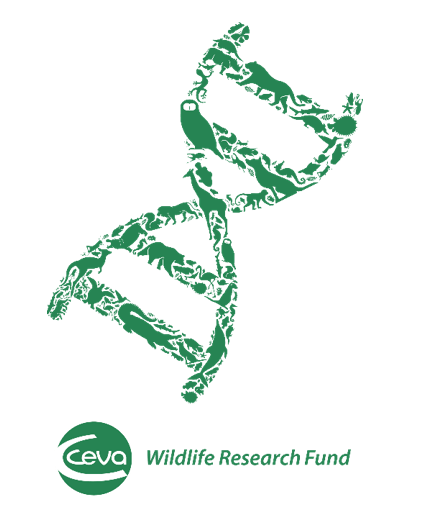On the eve of World Wildlife Day, Ceva Animal Health (Ceva), the fifth-largest animal health company in the world with operations in over 110 nations, announces the establishment of the Ceva Wildlife Research Fund, a special endowment fund whose purpose is to finance practical reearch to protect the health of wild animals.
Ceva identifies it On the eve of World Wildlife Day, Ceva Animal Health (Ceva), the world’s fifth-largest animal health company with operations in over 110 countries, announces the creation of the Ceva Wildlife Research Fund, a special endowment fund with the mission of funding relevant research to safeguard the health of wild animals. , which is demonstrated by its dedication to the “One Health” idea, as a corporation that goes beyond animal health. To protect the diversity of our planet’s wildlife, Ceva is committed to caring for all creatures. This strategy, which unites environmental, animal, and human health, seeks to improve communication between the many fields and offer comprehensive solutions.
The risks associated with interacting with wild animals are rising: The majority of the new infectious diseases that concern humans today are animal-based, and they mostly come from wild animals. In order to properly treat these zoonotic diseases and stop their transmission to people, it is vital to understand how these diseases impact animals.
This fund will, among other things, enable study to solve these issues because pinpointing the origin of outbreaks and controlling diseases that affect wildlife are extremely difficult tasks.
funding practical research to maintain biodiversity
There are many diseases that harm wildlife and can endanger the existence of some species. The Amsterdam Island Albatross project, a collaboration between the CNRS and Ceva, is one of many initiatives that Ceva has backed in recent years with the goal of providing specialised medical treatments to aid in the survival of wild animals.
The Ceva Wildlife Research Fund is the sole endowment fund of its kind, funding projects that involve practical research with quick outcomes (three to five years maximum). By preserving wildlife health, a sector of animal health that receives little funding since it is not commercially profitable, the fund helps animals in need.
Australian koalas are no longer able to protect their species against chlamydia, which has spread throughout the country.
According to the Australian Koala Foundation, the number of koalas in Australia would have declined by 30% between 2018 and 2021. The destruction of their natural habitat due to fires or the increasing urbanisation of the region, as well as the chlamydia that affects the majority of people concentrated in eastern Australia, are a few factors that may explain this dramatic situation, and the Australian authorities have declared the East Coast koalas as a threatened species since February 2022. These populations are suffering from a terrible disease that is spreading throughout them and endangering their long-term survival.
To support the last phase of their vaccine development and related testing, Ceva is working with the University of the Sunshine Coast in Brisbane with the help of its endowment fund. To prepare this vaccine candidate for regional manufacturing, work is now being done on the formulation. To aid in the official registration of the vaccination, Ceva Wildlife Research Fund is also funding additional investigations.
Ceva Wildlife Research Fund’s president, Marc Prikazsky, said:
“Ceva is not a new company when it comes to dealing with biodiversity holistically. But with the establishment of this endowment fund, we wished to establish a distinct framework to codify this activity. The establishment of Ceva Wildlife Research Fund is timely for field study. We want to contribute funds for creative approaches to prevent, diagnose, and treat diseases that can be transmitted from animals to humans in light of the urgent need to take action. We also want to do our part to preserve endangered species and ensure safer interactions between wild and farmed animals.
We encourage participation from all parties involved in this “One Health” initiative as well as potential actors. This programme is a method to more comprehensively improve the relationships between the health of people, animals, and the environment while preserving the planet’s diversity.
